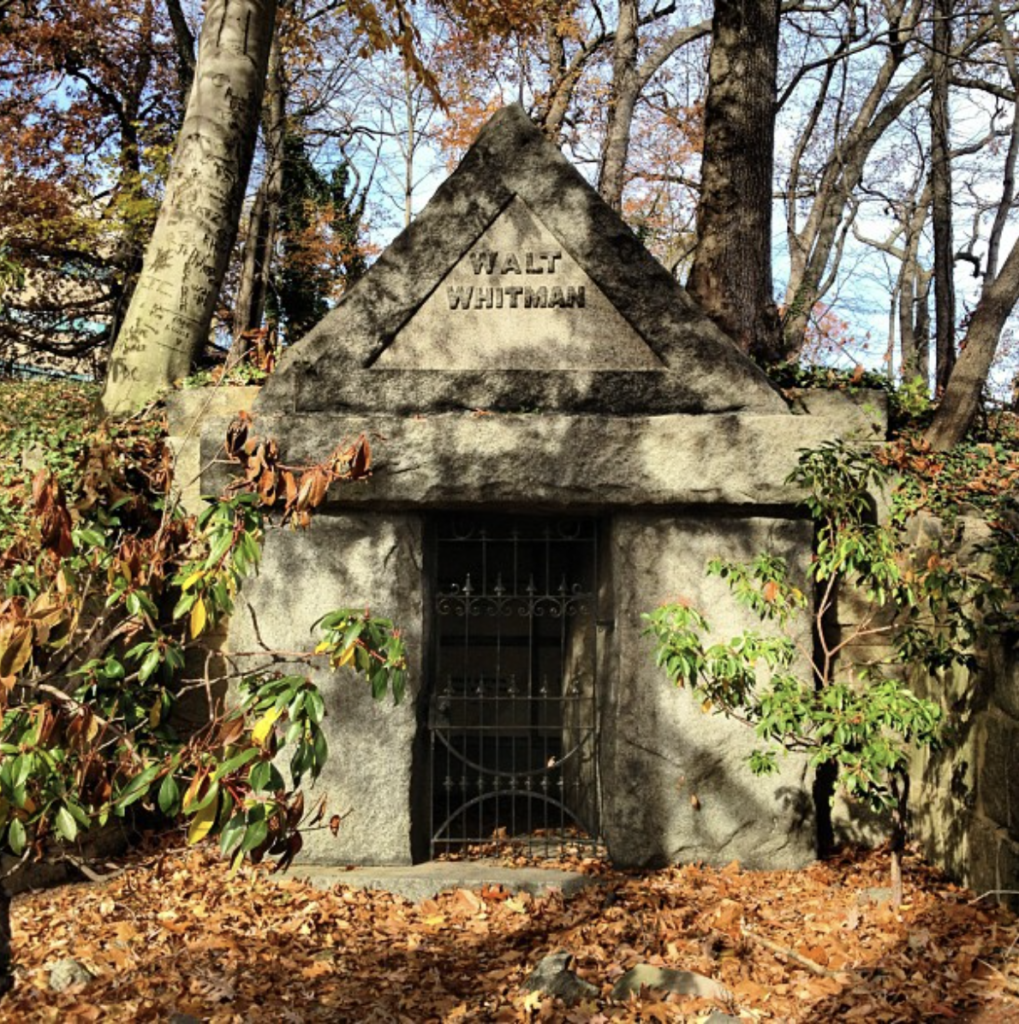
“Forum,” KQED’s daily discussion show, is doing reruns this holiday week. And today one of the topics covered was titled “Would You Consider Becoming Compost?” The subject was a new California law that allows people to choose to compost their remains instead of embalming and burying or cremating them. One of the guests was from Recompose, a Seattle company that does “ecological death care,” aka human composting. One of the facts she shared is that the company’s process renders a body into about one cubic yard of soil — enough to comfortably fit in the bed of a pickup truck. That sounds like a lot of “material”; she explained that the volume is due to soil used in the composting process.
Composting sounds all right to me. And the show topic reminded me of one of my favorite pieces of poetry, a section from Walt Whitman’s “Song of Myself.” It comes from the famous “I sound my barbaric yawp” passage:
I bequeath myself to the dirt, to grow from the grass I love; If you want me again, look for me under your boot-soles. You will hardly know who I am, or what I mean; But I shall be good health to you nevertheless, And filter and fibre your blood. Failing to fetch me at first, keep encouraged; Missing me one place, search another; I stop somewhere, waiting for you.
Ah — what an optimistic vision of how we might persist on this Earth we love and link ourselves to the future and future-kind. I am not looking for an epitaph just yet, but those last three lines certainly ring in my mind.
Whitman touched more than once on the process that would allow him to “bequeath myself to the dirt.” In “This Compost,” he mused on how the earth disposes of “those drunkards and gluttons of so many generations? Where have you drawn off all the foul liquid and meat?” He marvels at the “chemistry” that purifies these leavings and turns them into new growth and life so that “when I recline on the grass I do not catch any disease, though probably every spear of grass rises out of what was once a catching disease.”
Given his declared enthusiasm for the soil and leaving himself to future generations, it’s kind of ironic that Whitman wound up building a tomb in a Camden, New Jersey, cemetery for his final resting place (his brother George, a Union officer in the Civil War, and other family members are also interred there).
If you want to visit, the Harleigh Cemetery in Camden is pretty easy to find. Failing to fetch him at first, check your map apps. He’s stopped right there, waiting for you.
